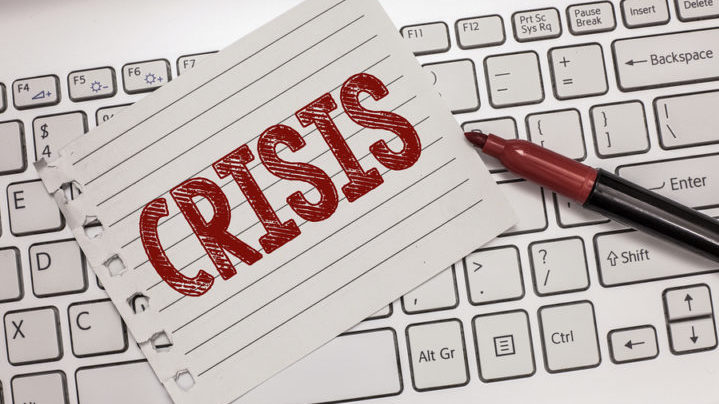You might like to pretend it’s never going to happen to you, but the fact is, a COVID-19 crisis could very easily hit any business at any time. In the age of COVID-19 outbreaks and vaccine passports, it’s surprisingly easy for a small business to find itself in the middle of a media frenzy and social media pile-on at the drop of a mask.
Issues management 101 advises that in a crisis, businesses should put together a short, factual statement that doesn’t contain much emotion and is as short as possible. The idea is to give away as little information as you can, and repeat the same phrase over and over again, even when questioned by media, customers or concerned community members.
I disagree with this advice. If your business chooses to stay silent, that’s when inaccuracies come up. That’s when hype and hysteria can mutate the story and turn it into something it’s not or blown out of proportion.
If you have prepared well and shown at minimum the expected level of care, then you have nothing to hide. Being helpful, transparent, confident in your response, and demonstrating care, will ensure your business is not the problem – the unavoidable effects of living in a pandemic are. “No comment” is never an option. It implies defensiveness, even guilt and does not help show that you are proactive, in control, or compassionate.
All businesses should have a holding statement ready to go in case of a crisis, especially since a COVID-19 outbreak is now a very real possibility for many businesses in Australia. A holding statement is a pre-prepared statement that you prepare ahead of time and hold on to until you need it. Make sure it’s flexible enough to be adapted to the specific conditions of the hypothetical situation if it does occur.
All messaging should be designed to assure your staff, customers, and stakeholders and emphasise calm. When writing it, put yourself in the shoes of anyone who might be hearing this potentially alarming information for the first time.
Make sure you regularly update this statement to reflect the changing conditions of the pandemic, as things can change dramatically in a matter of days. Share what you know and don’t be afraid to say what you don’t know and what you will update people on later on. The goal is to balance the need for information and truth with not wanting to cause panic or paint a worse picture than needed.
A good recent example of this is @wearenutie, a small business that had a staff member of one of their stores test positive to COVID. They responded with care, highlighted the safety measures they already had in place, went above and beyond in the steps they took to address it, empathised with their customers and staff, reassured the community and update customers on the next steps. And they have continued to keep their customers and the community informed along the way. Gold stars for them.
When it comes to steps that you will take to address the situation, go the extra mile. Negative perceptions, concern and fear can sometimes be greater than the issue itself, and taking generous steps to reassure people is hugely important.
Remember: fast action and quick responses make huge differences to the outcome of an issue or crisis, so be prepared for late nights and weekends. The media doesn’t stop for anyone, especially not a small business in the middle of a crisis. The good news is, with a little preparation, you’ll be able to respond in a timely, clear, and reassuring manner.












